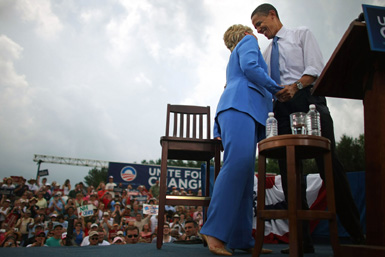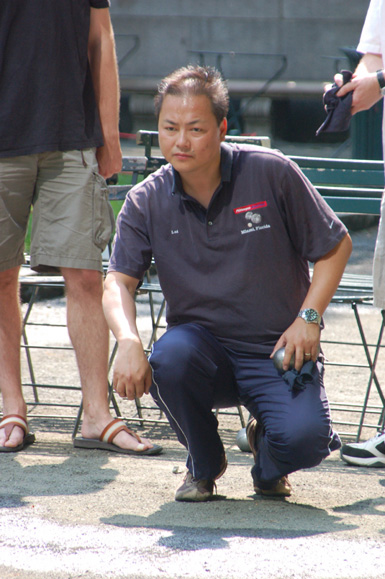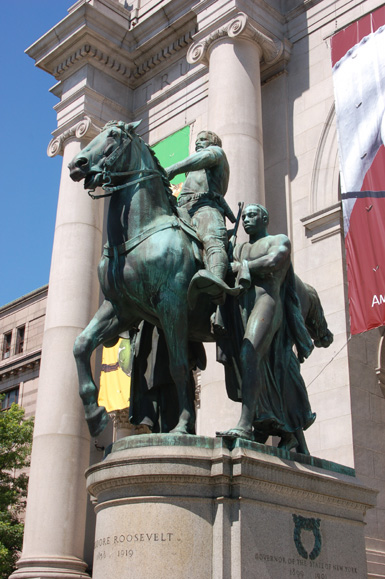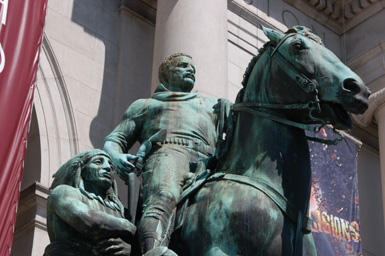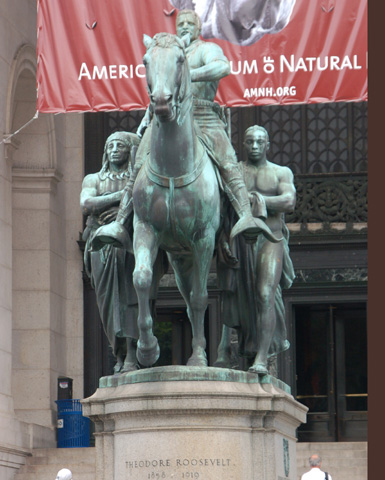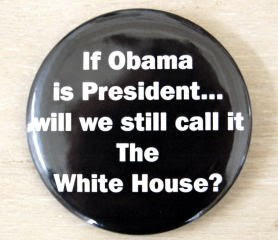
Months ago, Yahoo News asked Republican presidential hopefuls, "Mac or PC?" Huckabee, Paul, and Romney answered the question (though Romney straddled the computer divide as he was wont to do on contentious issues, suggesting he might switch from PC to Mac.)
John McCain demanded his own category. When it comes to using a computer, McCain said: "I'm an illiterate. I have to rely on my wife for all the assistance I can get."
You can see him explain this
here.Aside from highlighting in yet another arena McCain's dependence on his young, rich wife, the Republican's answer tells me he hasn't had a real job in some 25 years. Or rather, instead of a more ordinary job, his employment has been playing the role of "McCain." The part has had shifting themes and sometimes he ad-libs rather badly. But constructing an electable persona for himself -- part-hero, part kindly grand-dad -- has been his job so long he's out of touch with how people not playing a part all the time live.
I don't find the idea of putting someone in the Presidency who is out of touch with the most ordinary work and leisure experiences of most of us a very good idea. But mostly, I think the fact that a person so removed from conventional experience can get nominated points to one of the contradictions of our deformed democracy:
the skills a candidate needs to run for office are nearly completely different than the skills an officeholder needs to govern.Running for office is about putting across a convincing personal image and story that voters find attractive. That is, about acting, posturing, even if benignly. Governing, when successful, is about persuading the intractable parts of a huge, very unwieldy structure to work together to attain common ends that possibly benefit the common good or at least don't capsize the ship of state.
When I've served as a political consultant, I've been frustrated and infuriated by politicians who don't understand that, in campaign season, their policies matter a lot less than their role playing as The Candidate. Yes, they have to run around, and attend events, and shake hands, and pay attention to people that probably bore them -- that’s the job of a candidate.
McCain's ignorance of personal computers suggests he has been playing the "McCain" role non-stop for a long time. Apparently there weren't any breaks during which he acted like the rest of us -- perhaps researched something he needed to know or sent an email to his children. I find that slightly scary -- in a league with George Bush the Elder not ever having seen a scanner in a supermarket check out line in 1992.
One more reason to prefer Senator Obama; that guy has written books using computers, for goodness sakes.
H/t to
Time Goes By.



